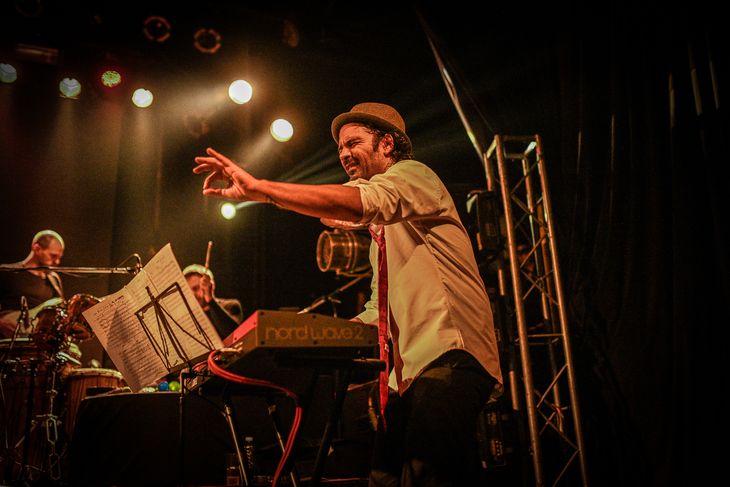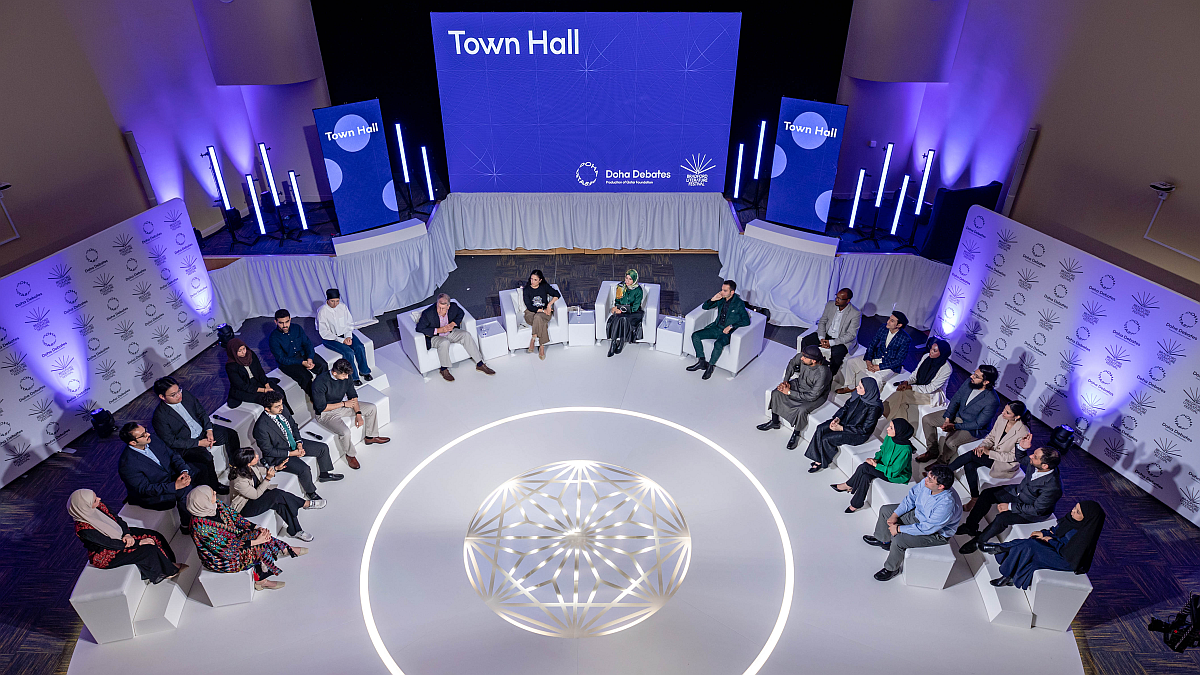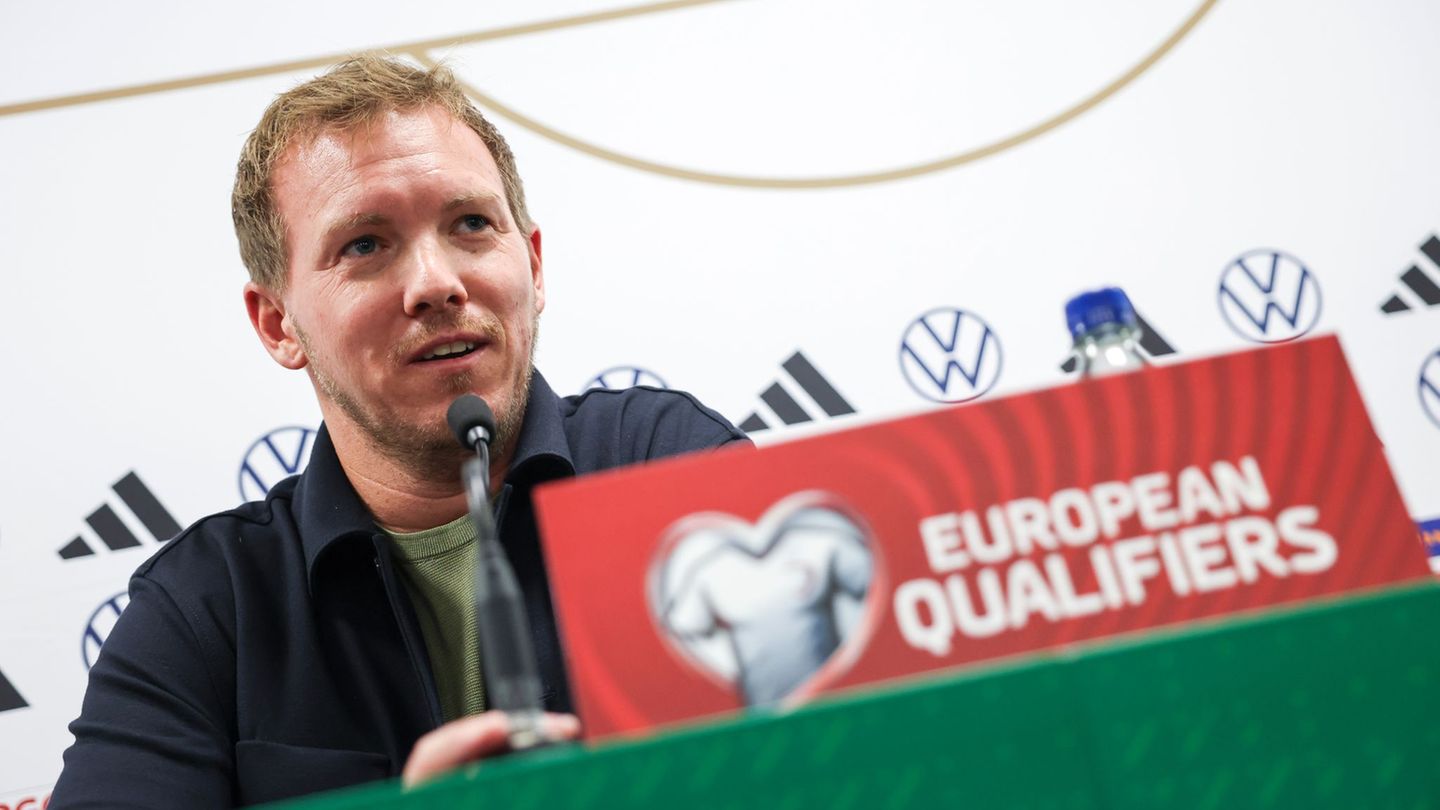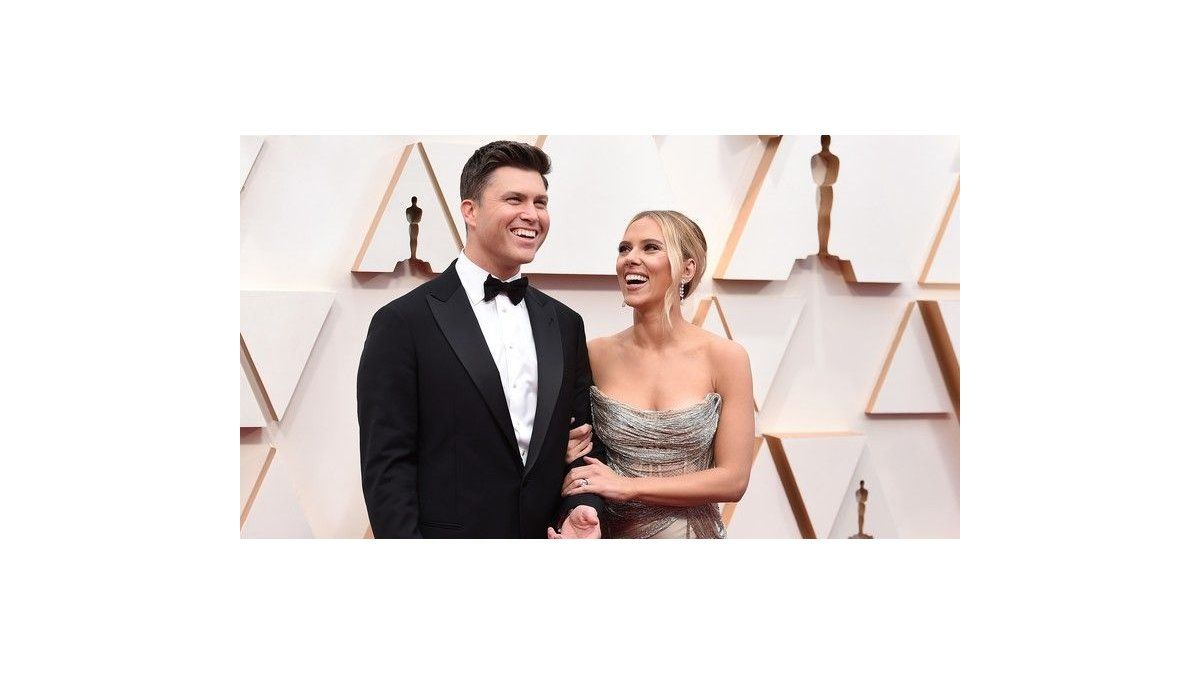“Meeting to study Astor’s scores with his calligraphy, studs, annotations was like returning to school, seeing how these great teachers make up, getting the magnifying glass in those details is to study again,” says Nicolás Sorín, who will present “Piazzolla in the Colosseum for Nico Sorín”after two years of success with full rooms in various stages of the city.
This is a concert at the Colosseum Theater on April 15, in which he proposes a new turn to the presentations in electronic format that have established themselves as one of the great revelations of the Buenos Aires scene. With music from Piazzolla crossed by new sounds, Sorin worked on the arrangements of topics and reversions that include from classics such as “Libertángo”, “Goodbye Nonino” and “Ballad for a madman”as well as “Zita “,” Michelangelo 70 “ And many more. Will be accompanied by Franco Fontanarrosa In electric bass, Noelia Sinkunas in piano, Nana Arguen In electric guitar, Marcos Cabez in vibraphone, marimba and percussion, Federico Santisteban in bandoneon and Rodrigo Gómez On battery. We talked with Sorin
Journalist: How would you describe these new sounds that you print to the Piazzolla classics?
Nicolás Sorín: The electronic octet name that used Astor in the 70s has another meaning because it is not electronic music but having put battery, bass, electric guitar to tango. Here we have an electric guitar, I play synthesizers, it is not electronic music, it is a band linked to rock. Astor was at that time being questioned by the progressive rock of the ´70 and that influenced him.
Q.: What does Piazzolla mean for you?
NS: I have been proposed to do several things prior to this show and I always refused for shame, out of respect for Astor’s music. Pipi asked me to do this show in the whale of the CCK and it was the starting point, replicating the Olimpia of Paris in the 77 as an electronic octet. It was a tribute to that album and the key was to lose modesty. To pay tribute to Astor, the only thing that cannot be is lukewarm. There was no more risky and avant -garde composer than Piazzolla, he was unfairly criticized for that, for me the thesis was to build a band without tango musicians because to make Piazzolla music it is not necessary to come from tango. Tango was a vehicle but his music is much more personal and goes further.
Q.: Do you say that Astor’s music has a very strong energy and at the same time subtle, what else can you say?
NS: Astor’s music has a softer, subtle, liric and suddenly dynamics and a tremendous power. He has that but he halluches me how one closes my eyes and imagines Buenos Aires, one sees groups, buildings, people. It has a universal quality but on the other hand, ours. Touching in Brazil in villages where no one knew him people’s eyes moistened with non -non -non -goodbye, they are hymns.
Q.: What was this concert to face?
NS: It was like making a master. I had been making my music and get to study their scores with their calligraphy, tachones, annotations was like returning to school, seeing how these great teachers make up, messing with the magnifying glass in those details is to study again. Last year I did something similar with the great masters of classical music, Brahms, Stravinski, Bartok, great hits that endured 200 or 300 years, and formed a 13 -string punk band. We did 4 shows in Niceto and it is a project that joins two loves, classical symphonic music and punk and rock part.
Q.: How do music platforms impact today?
NS: The theme of platforms on the one hand is incredible. Through a wifi signal you can access a large amount of music in the world, it is like the Alexandria Library. But the romanticism of going to look for or listen to an album is lost to someone, who had achieved it, the object, smell the box, lost that and strange. I love being able to have access but it does not seem good to me the way in which platforms are handled, it is a fairly unfair way for royalty musicians. They are in incorrect hands, it could be all more fair with musicians and with the people who work on the records. In addition the quality sound, despite advanced technology, is compressed and leaves enough to be desired. I would prefer to return to the record and recommendations, to touch the disk object.
Q.: How do you see new generations and music?
NS: The new generations are not necessary to study outside because they have information at hand and it shows. They have a technical level that we did not have in my generation, the boys who want to study and have tools and evolve. At the same time we are in a mainstream system that seeks something else at the artistic level.
DSC_5500.jpg
Source: Ambito
I am an author and journalist who has worked in the entertainment industry for over a decade. I currently work as a news editor at a major news website, and my focus is on covering the latest trends in entertainment. I also write occasional pieces for other outlets, and have authored two books about the entertainment industry.




